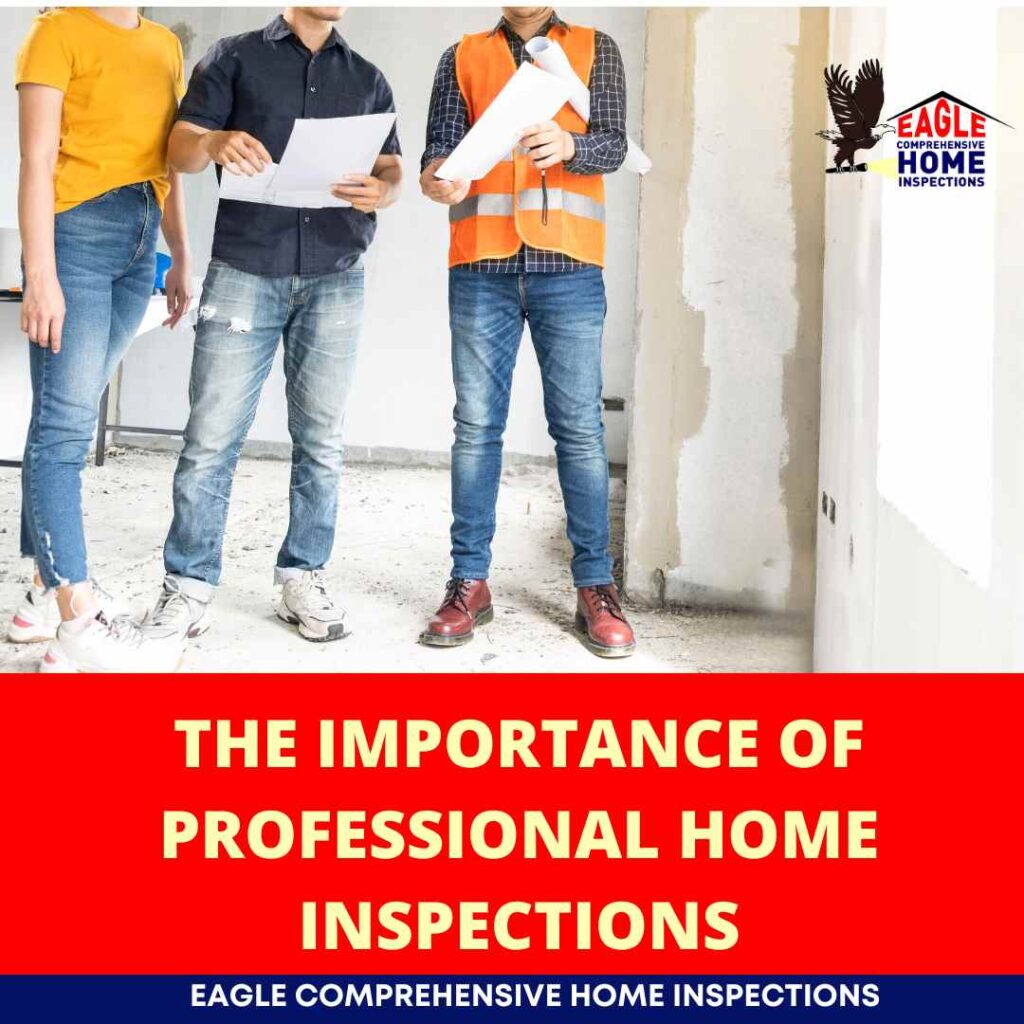Whether you’re buying or selling a home and financing is involved, a home inspection is a crucial step in the process. It provides peace of mind by ensuring that there are no hidden, catastrophic flaws with the property being transferred. If any issues are discovered during the inspection, they are disclosed to both parties. A home inspection acts as your first layer of protection when purchasing a house, as it sheds light on potential costly problems that may not be readily apparent.
Accurate home inspections are conducted by trained professionals who possess knowledge in the major systems of a house and how these systems interact with one another. Home inspectors are familiar with the telltale signs of underlying issues that could pose significant problems for the purchaser. They also check existing systems to ensure compliance with state and local codes and regulations. Despite the expertise required to conduct a thorough home inspection, some individuals attempt to perform inspections on their own. Here are a few reasons why this is not advisable.
Lack of Knowledge and Experience:
A comprehensive and accurate home inspection requires high-level training and years of experience in residential inspection, construction, or trade work. The average home buyer typically lacks these qualifications and can, at best, only identify the most obvious issues. Keeping up with the ever-evolving codes and regulations necessitates extensive research, which is not typically undertaken by the average home buyer in their spare time. Therefore, it is best to leave the inspection to professionals who have the necessary skills and knowledge. An accurate inspection is your best protection against future mistakes in the home purchasing process.
Inadequate Tools:
Conducting a thorough home inspection requires more than just a flashlight and a tape measure. Specialized equipment is needed to properly assess the condition of a property, and these tools may not be readily available to the average home buyer. Devices such as moisture meters for detecting plumbing leaks or infrared cameras for identifying insulation weaknesses are typically owned by professionals who have invested in them for their work. Without access to these tools, potential problems may go unnoticed, as significant issues like hidden plumbing leaks can be invisible to the naked eye.
Costly Mistakes and Oversights:
While there is a fee associated with hiring a professional inspector, it is significantly less than the cost of purchasing a home with substantial undiagnosed problems that require expensive remedies. For example, an undetected plumbing leak in the foundation slab could lead to costly repairs, with secondary damage potentially running into thousands of dollars. An outdated and hazardous electrical system may require a complete rewiring of the house or, even worse, could lead to an electrical fire. Even if you stumble upon evidence of a problem, you may not fully understand its extent or the cost of addressing it. Instead of attempting to save money in the short-term by skipping a professional inspection, it is wiser to have a professional perform the inspection to ensure guaranteed results.
In conclusion, professional home inspections are essential for both buyers and sellers. Attempting to perform an inspection without the necessary knowledge, experience, and tools can lead to costly oversights and mistakes. By relying on the expertise of a qualified home inspector, you can have peace of mind knowing that potential issues have been identified and disclosed, allowing for informed decisions in the home buying or selling process. The investment in a professional inspection is well worth the long-term benefits and protection it provides.

